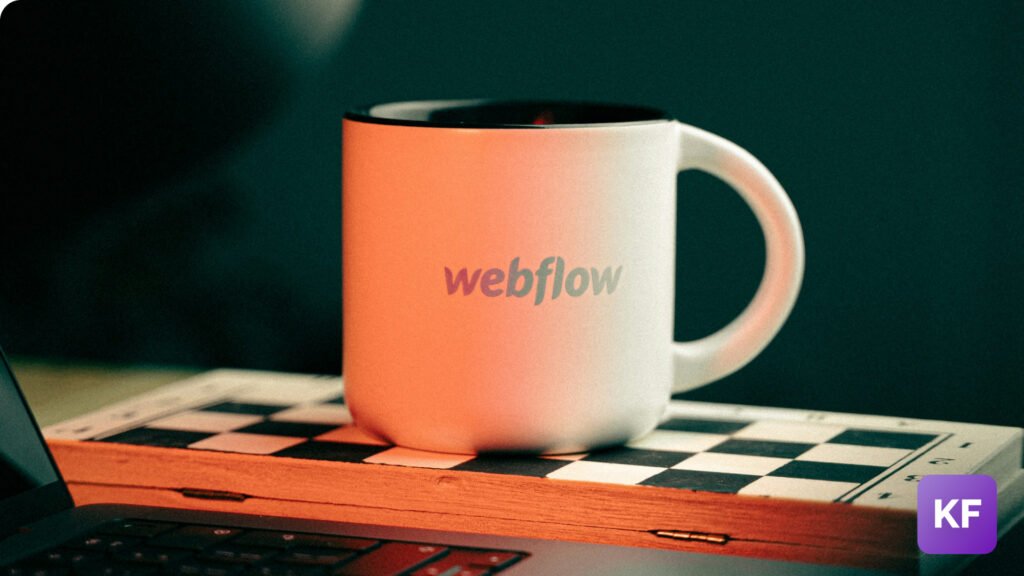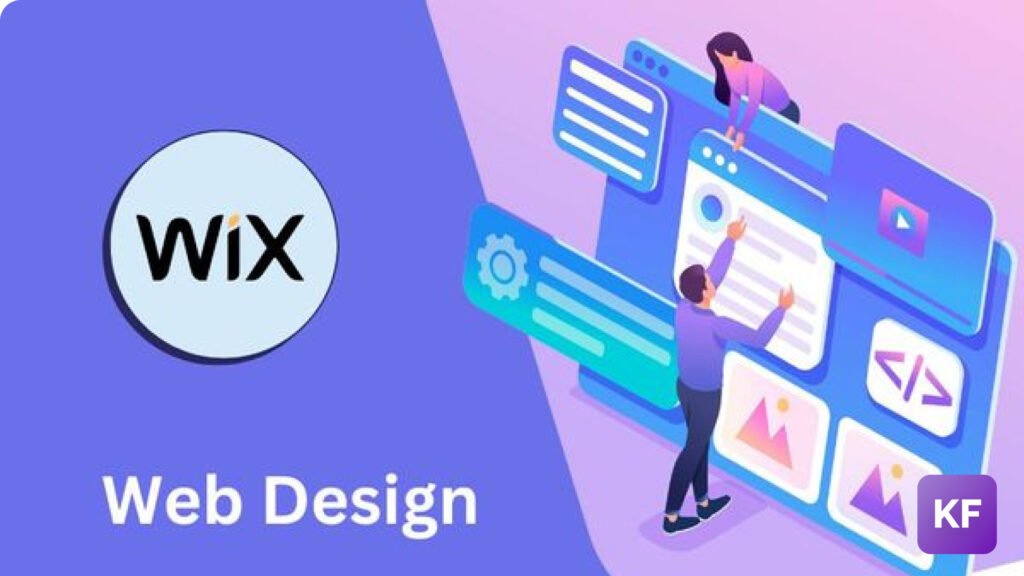
In the ever-evolving digital landscape, choosing the right platform for your business’s website is crucial. Two popular contenders often surface: Webflow vs Wix. Each boasts unique strengths and caters to different needs, making the decision a significant one. In 2025, with technology advancing rapidly, understanding their distinctions is more important than ever. Let’s delve into a comprehensive comparison to help you determine which platform aligns best with your business goals.
Understanding the Contenders: Webflow and Wix
Before diving into the specifics, it’s essential to grasp the core philosophies of each platform.
- Webflow:
- Webflow is a powerful, visual web design and development platform that allows users to create custom, responsive websites without writing code.
- It offers granular control over design elements, empowering designers and developers to build highly customized and scalable websites.
- Webflow’s CMS (Content Management System) is robust, making it ideal for content-heavy websites and e-commerce stores.
- While powerful, Webflow has a steeper learning curve compared to Wix.
- Wix:
- Wix is a user-friendly, drag-and-drop website builder designed for ease of use.
- It offers a vast library of templates and an intuitive interface, making it accessible to beginners and those seeking quick website creation.
- Wix’s App Market provides a wide range of third-party apps and plugins to extend functionality.
- Wix prioritizes convenience and simplicity, which can limit design flexibility for complex projects.
Key Feature Comparison: Tailoring to Business Needs
- Design Flexibility:
- Webflow: Offers unparalleled design control, allowing for pixel-perfect precision and custom interactions. Ideal for businesses with specific design requirements.
- Wix: Provides a user-friendly drag-and-drop interface with templates, but customization options are more limited.
- E-commerce Capabilities:
- Webflow: Offers robust e-commerce features, including customizable product pages, inventory management, and payment integrations. Suitable for growing online stores.
- Wix: Provides e-commerce plans with basic to advanced features, but may lack the scalability of Webflow for large-scale operations.
- SEO Tools:
- Webflow: Offers advanced SEO tools, including custom meta tags, structured data, and fast loading speeds, contributing to better search engine rankings.
- Wix: Provides basic SEO tools, but may not offer the same level of control as Webflow.
- CMS and Content Management:
- Webflow: Features a powerful CMS that allows for dynamic content creation and management, ideal for blogs, portfolios, and content-driven websites.
- Wix: Offers a simpler content management system, suitable for basic website content.
- App Market/Plugins:
- Webflow: Focuses on core functionality, with fewer third-party integrations compared to Wix.
- Wix: Boasts a vast App Market with numerous plugins to extend website functionality.
- Customer Support:
- Both platforms offer customer support, but Webflow’s support is often praised for its depth, due to the complexity of the platform.
Pricing: Balancing Cost and Value
- Webflow: Offers tiered pricing plans based on website features and traffic. While potentially pricier, it provides excellent value for businesses requiring advanced functionality.
- Wix: Offers a range of pricing plans, catering to different budgets. However, hidden costs for apps and e-commerce features should be considered.
Pros and Cons: A Quick Overview
- Webflow:
- Pros: Unmatched design control, powerful CMS, excellent SEO capabilities.
- Cons: Steeper learning curve, potentially higher costs.
- Wix:
- Pros: User-friendly interface, extensive app market, affordable plans.
- Cons: Limited design flexibility, less powerful CMS.
Which Platform is Right for Your Business?
- Choose Webflow if:
- You require a highly customized website.
- You need a robust CMS for content-heavy websites.
- You prioritize advanced SEO capabilities.
- You have designers or developers on your team, or plan on hiring them.
- Choose Wix if:
- You need a website quickly and easily.
- You are a beginner with limited technical skills.
- You require a wide range of third-party apps.
- Your budget is limited.
Conclusion: Making an Informed Decision
Ultimately, the choice between Webflow and Wix depends on your business’s specific needs, technical skills, and budget. In 2025, the digital landscape demands websites that are both visually appealing and functionally robust. By carefully evaluating the features and considerations outlined in this guide, you can make an informed decision and choose the platform that empowers your business to thrive online.




